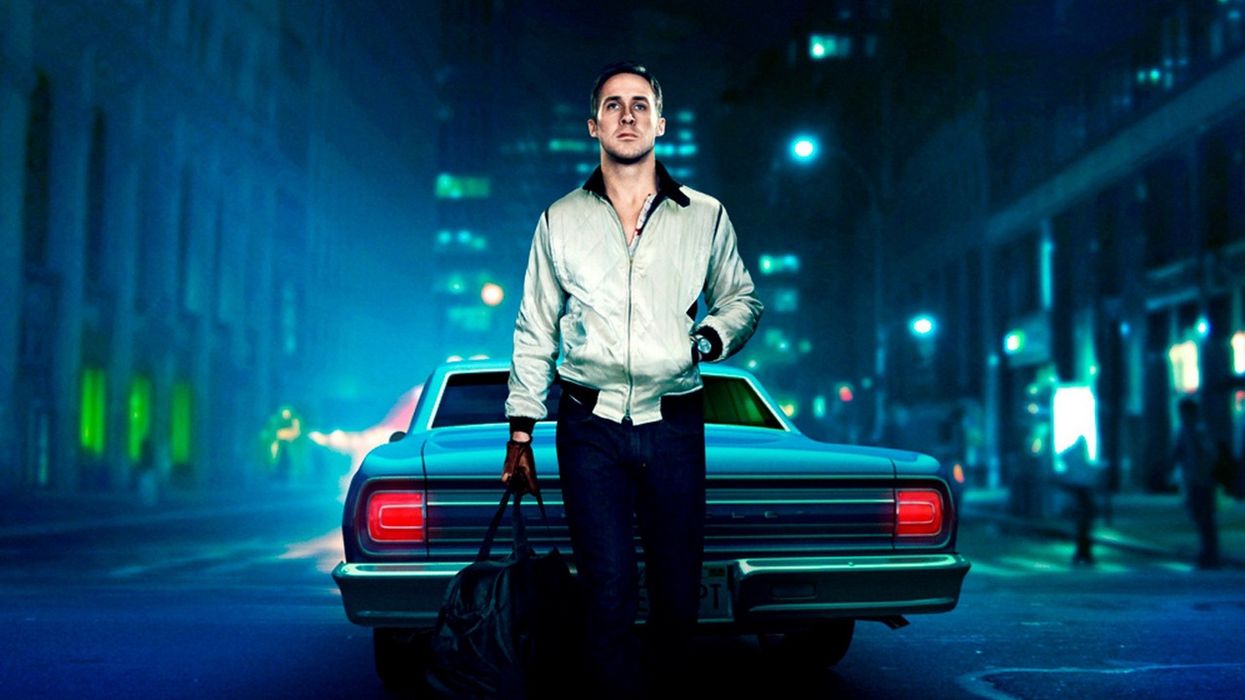Creative Ways to Build a Climax: An Analysis of the Suspense & Timing of 'Drive'
Great storytelling isn't just about giving information to your audience. It's also about when and how you give it to them.

Human beings are natural storytellers, but that doesn't mean that your great aunt Millie or Dave from Accounting can tell a story like the greatest literary and cinematic minds in history. That's because telling stories is a lot like -- dancing. You've gotta know when to drop it low, baby! In other, less confusing words, you have to know how to build tension, add suspense, as well as flavor -- a little something special, and then know when, where, and how to drop the climax bomb. (Otherwise you're just another guy or gal out there doing the 2-step -- and not even the cool Ciara version.)
Drama is anticipation mingled with uncertainty.
So, how do you do that? What are some examples of films that give information to the audience in creative ways that not only help tell the story, but entice viewers to keep watching long enough to enjoy the payoff at the end? One of our favorite video essayists, Darren Foley of Must See Films, offers this incredible analysis of the opening sequence from Nicolas Winding Refn's Drive, which breaks down the clever ways Refn makes this simple, barebones car chase (narratively speaking) exhilarating, unique, and nail-biting.
And now, hear what Foley has to say about the creative ways Refn, as well as Sergio Leone, Frank Darabont, and others dispense information to their audiences in a way that doesn't just inform, but also adds tension, anticipation, and uncertainty. Drama!
There are so many ways to craft a great denouement for a scene. Refn uses the sound of a basketball game on the radio for a Voice of God narration. Darabont uses the Rule of 3's to introduce a pattern that will ultimately surprise the viewer. Tarantino and Welles make objects within the diegesis the focal point in a small part scene in order to either trick the audience, or build anticipation. The examples are out there -- they exist in every great film, but thanks to Foley, we have a better idea of what to look for.
Source: Must See Films











